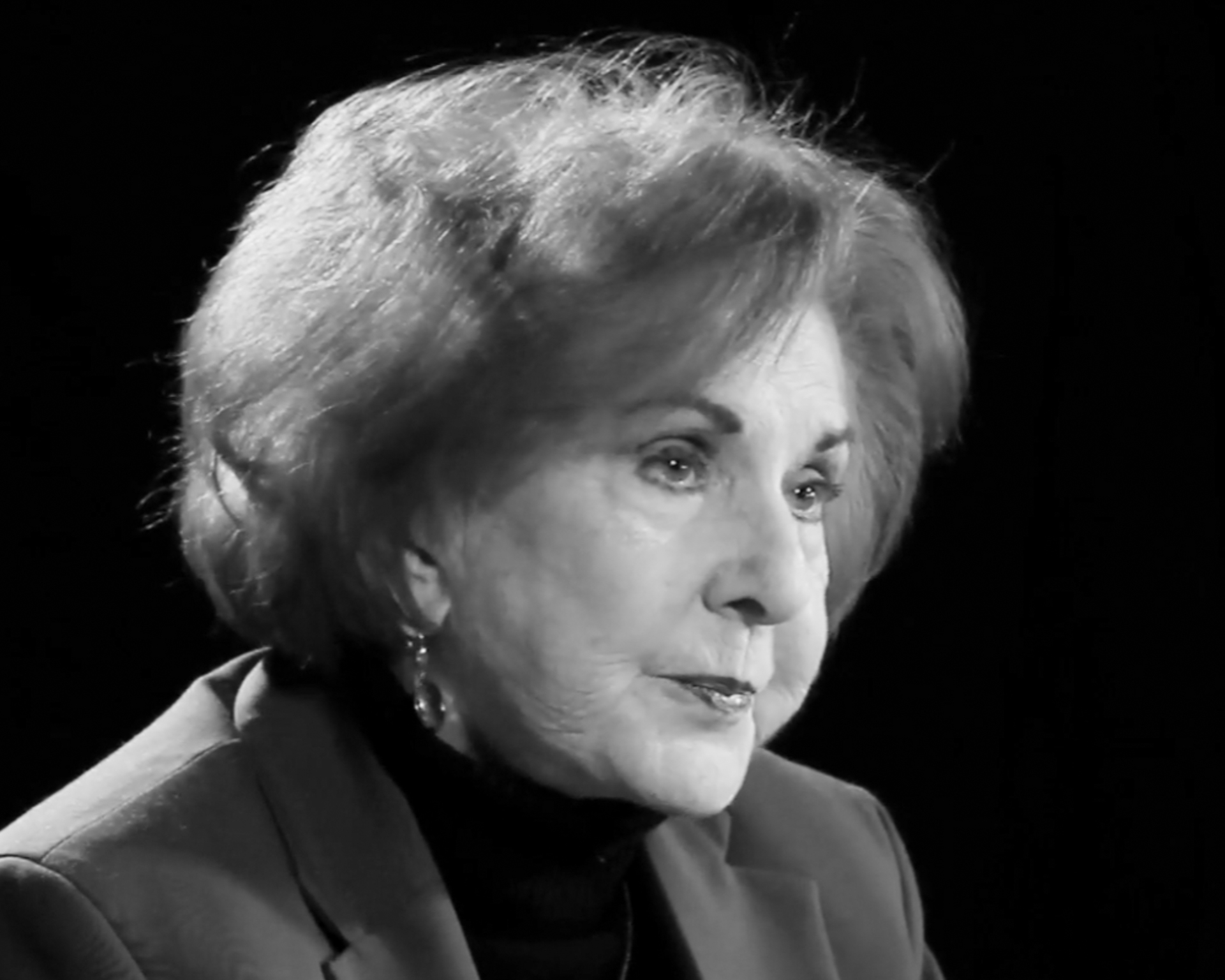
Open Book!
.avif)
Names Not Numbers

Milan Schwartz
.avif)
Milan Schwartz
Milan Schwartz was born on January 28, 1943, in Bardejov, Czechoslovakia. His mother had lived in Bardejov before her marriage, where her family owned a small farm. She was one of three sisters and had a brother. Milan’s father, David Schwartz, also hailed from Czechoslovakia. The couple married in 1941 and moved in with Milan’s maternal grandparents and their family in Bardejov.
1
Milan was not the only child; he had a brother who was 18 months younger than him. Together with their parents, the family lived in a close-knit environment that included his grandparents and his mother's siblings.
2
3
In late fall 1944, Milan’s family and the town received news that the Germans were advancing, leading to a wave of fear and uncertainty. With Milan only 21 months old and his brother just three months old, the family, along with others from the town, fled into the woods to seek refuge in a makeshift bunker. Unfortunately, their hiding place was discovered by a Czech person.
4
In exchange for whatever they had, they attempted to persuade him to keep their location secret. Instead, he betrayed them, taking everything they had and reporting them to the Germans in December 1944.
The consequences of this betrayal were dire. In December 1944, the family was transported by train to Bergen-Belsen, a notorious concentration camp.
5
Tragically, during this tumultuous journey, Milan’s father attempted to escape but was never seen again. At the time of their arrival at Bergen-Belsen, Milan was just 23 months old, and his brother was only five months old. Milan's mother's two sisters managed to survive the war by hiding with Christian families.
6
As the war neared its end, the Germans, facing significant losses, were no longer sending Jews to Auschwitz, which was primarily an extermination camp. At Bergen-Belsen, Milan’s mother had to leave the barracks daily for work, leaving Milan and his brother alone in the bunker for hours. Their survival depended heavily on luck and the indomitable will of the adults around them.
7
Milan's mother recounted harrowing stories of survival to her children, such as the tale of a female doctor who collected the milk from lactating mothers, including his mother, to distribute to other infants in the camp, ensuring the babies’ survival.
Another poignant story involved a harrowing encounter where his mother nearly lost her life. Prisoners were forbidden to relieve themselves in the woods where they worked.
8
One day, while foraging for food, a soldier almost shot her, but she narrowly escaped by jumping up in time. However, when liberation finally came, Milan's mother was gravely ill with typhus.
Once his mother recovered, they were sent to Sweden, where they faced another challenge: some families offered to adopt the boys for money.
9
An eyewitness later reported that Milan’s father had been part of a forced march toward the war’s end and was shot when he stopped to rest. Despite this tragedy, Milan, his mother, and brother survived, as did his aunts who had been hidden by Christians. Unfortunately, his grandparents perished in the forest.
10
In January 1948, when Milan was five and his brother just over three years old, they were able to immigrate to the United States, sponsored by family members already living there. They initially settled in Brooklyn for a short period before moving to New York City. Milan attended yeshiva on the Lower East Side through the ninth grade and then transferred to Seward Park High School, also located on the Lower East Side.
11
After completing high school, Milan pursued higher education at City College of New York (CCNY) and later attended Long Island University (LIU). Following his graduation, he embarked on a career with the Department of Defense, utilizing his skills and education in a meaningful capacity.
12
13
14
15
16
17
18
19
20
.avif)
.avif)
The End

Milan Schwartz interview at Rabbi Pesach Raymon Yeshiva - 2023-2024
Rabbi Pesach Raymon Yeshiva





